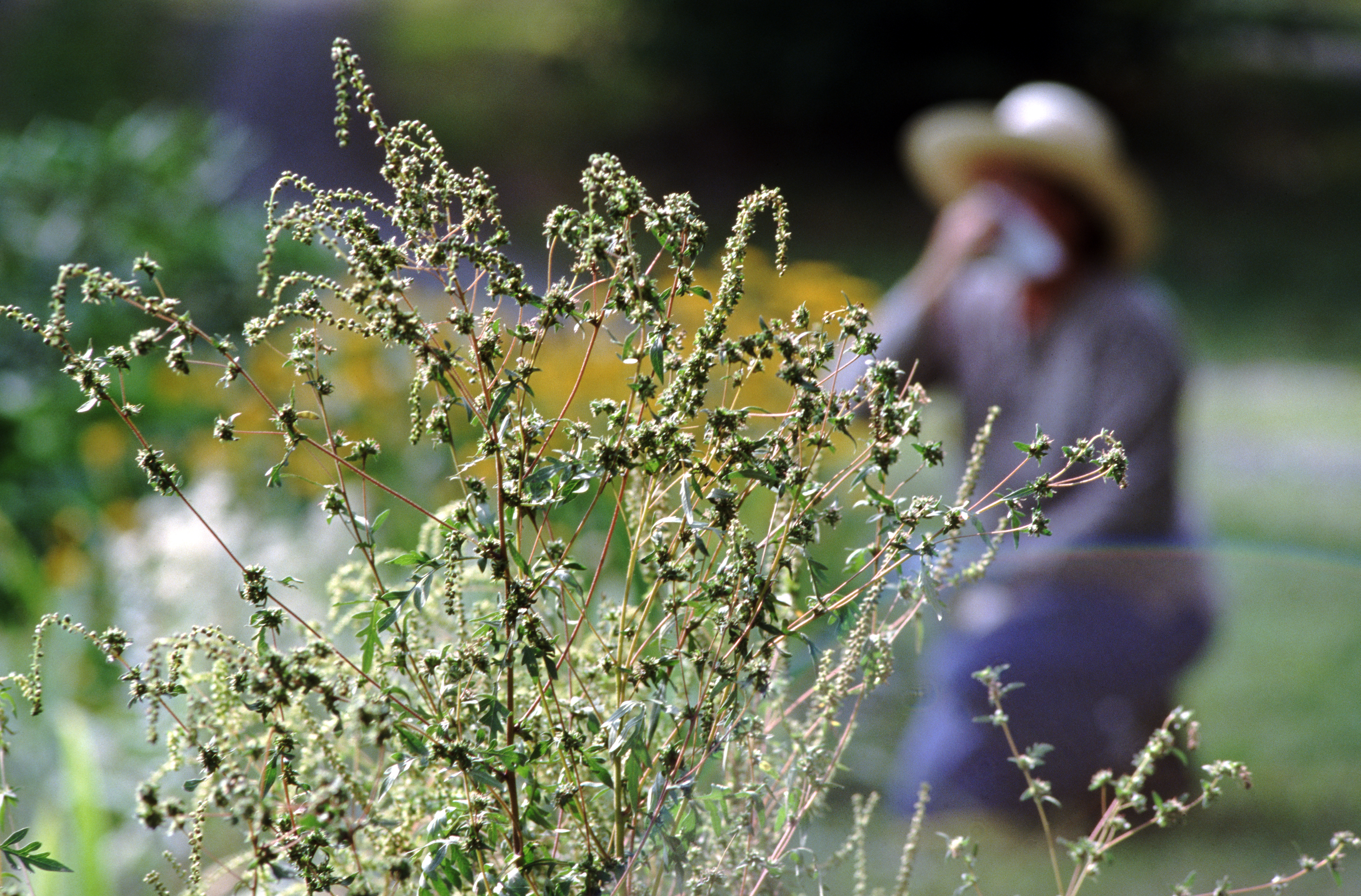As pollen counts rise across the nation, tens of millions of Americans battle the discomfort of spring allergies. From identifying the hardest-hit cities to leveraging effective treatments, here’s expert advice to help you manage your symptoms and embrace the outdoors.
Spring allergies are back. Here’s how to check pollen levels and keep from sneezing

Key Takeaways:
- Climate change is leading to longer and more intense allergy seasons.
- Wichita, New Orleans, Oklahoma City, Tulsa, and Memphis are the top cities for allergens this year.
- Understanding tree, grass, and weed pollens can aid in symptom management.
- Over-the-counter nasal sprays are among the most effective treatments.
- Limiting pollen exposure is crucial for reducing allergy symptoms.
Spring Allergies on the Rise
Spring ushers in blooming flowers and warmer weather, but for tens of millions of Americans, it also brings the misery of seasonal allergies. Runny noses, itchy eyes, coughing, and sneezing become daily challenges as pollen fills the air.
The Worst Cities for Allergy Sufferers
According to the Asthma and Allergy Foundation of America’s annual ranking, the most challenging cities for allergy sufferers this year are:
- Wichita, Kansas
- New Orleans, Louisiana
- Oklahoma City, Oklahoma
- Tulsa, Oklahoma
- Memphis, Tennessee
These rankings are based on over-the-counter medicine use, pollen counts, and the availability of allergy specialists.
Understanding Pollen Types
“There are three main types of pollen,” experts explain. Early spring sees tree pollen as the primary allergen. As the season progresses, grasses like Bermuda, Johnson, rye, and Kentucky bluegrass begin to pollinate. Late summer and early fall usher in weed pollens.
Tracking Pollen Levels
Monitoring pollen levels can help you plan your outdoor activities. The American Academy of Allergy Asthma and Immunology offers pollen counts through a network of stations across the U.S., available on their website and via email alerts.
Limiting Exposure to Pollen
Limiting your exposure is the first step in controlling allergy symptoms. Keep windows closed in your home and car, even when the weather is pleasant. When outdoors, wearing long sleeves can prevent pollen from contacting your skin.
“If you go outside, wearing long sleeves can keep pollen off your skin to help ward off allergic reactions,” advises Dr. James Baker, an allergist at the University of Michigan.
After returning indoors, change your clothes and shower to remove pollen from your body and hair. If daily hair washing isn’t practical, cover your hair when outside with a hat or scarf. Avoid wearing outdoor clothes in bed to prevent transferring pollen to your bedding.
Effective Treatments
Over-the-counter nasal sprays are among the most effective treatments for seasonal allergies, but proper usage is key.
“The vast majority of patients use them incorrectly, irritating parts of the nose,” says Dr. Kathleen Mays, an allergist at Augusta University in Georgia. She recommends angling the nozzle outward toward your ear rather than straight up your nose.
Antihistamine pills like Claritin, Allegra, and Zyrtec can also provide relief but may take longer to be effective since they are ingested. For severe symptoms impacting daily life, consulting an allergist for immunotherapy options may be beneficial.
Debunking Common Myths
Some popular remedies circulating on social media, such as consuming local honey to build immunity, have been debunked.
“That’s because the flowers that bees pollinate typically don’t contain the airborne pollen that causes allergy symptoms,” explains Dr. Shayam Joshi of Oregon Health and Science University.
The Impact of Climate Change
Experts note that climate change is contributing to longer and more intense allergy seasons. Milder winters and extended growing seasons allow more pollen to linger in the air.
“In late March, the Atlanta Allergy and Asthma Center measured a pollen count of over 14,000 grains per cubic meter, which is considered extremely high,” the article reports, highlighting record-breaking pollen levels in many areas.
Embracing the Outdoors
While allergy season can be daunting, understanding how to manage symptoms can help you enjoy the springtime. By staying informed about pollen levels, limiting exposure, and using treatments effectively, you can reduce the impact of allergies on your daily life.











